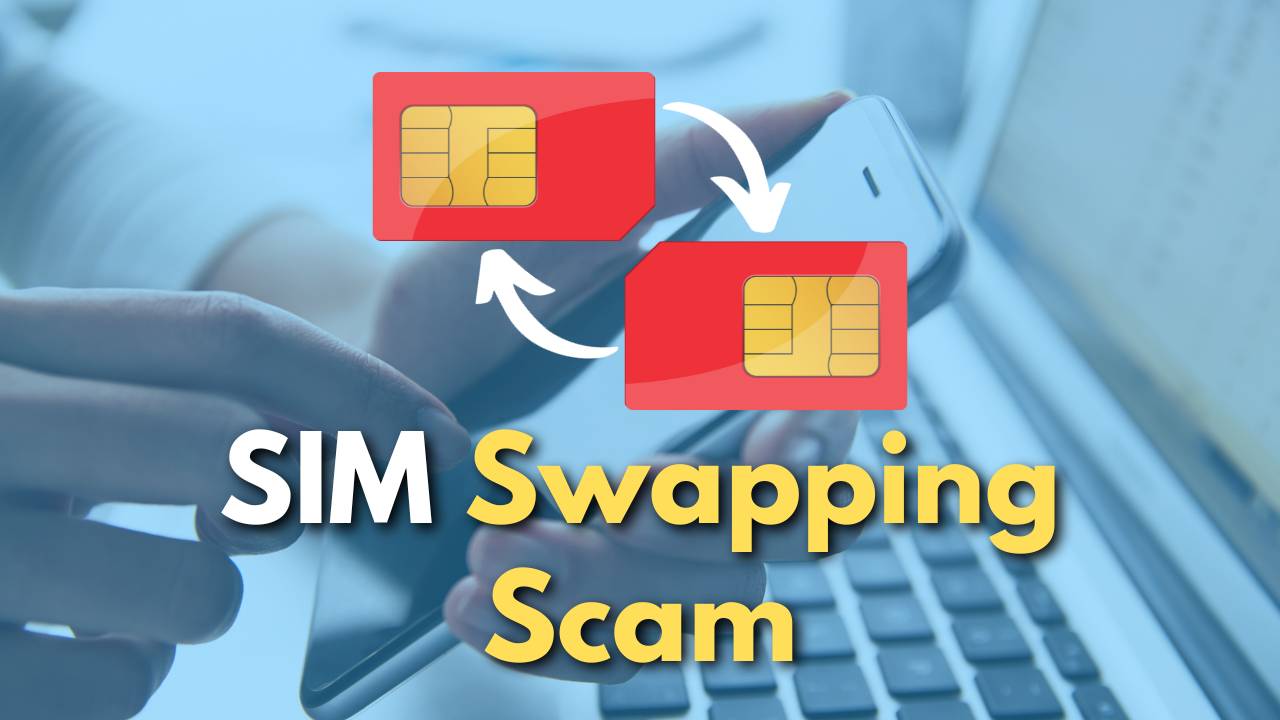Today’s mobile phones are like our wallets, full of personal and financial information. But there’s a new scam in the cyber world called the SIM swapping scam. This scam is not just a threat; it’s already happening and making people lose their hard-earned money. One of the most recent victims was a North Delhi-based lawyer who suffered a large financial loss as a result of this criminal trick.
SIM swapping is a malicious scam in which scammers trick mobile service providers into transferring a victim’s phone number onto a new SIM card that the scammer owns. With control over the phone number, they easily avoid two-factor authentication (2FA), gaining unauthorised access to bank accounts, social media profiles, and other sensitive platforms. Its simplicity of use and lethal effectiveness make it a common choice among digital thieves.
Real-Life Victims of This Scam

There was a recent case in North Delhi, where a lawyer got caught up in this scam and suffered a huge financial loss. This happened after she got three missed calls from numbers she didn’t recognize. The hackers managed to carry out a SIM-swapping scam. Then she called back from another number and she was told it was a call from a courier service. Without realising it, she shared her home address. Not long after, the 35-year-old was horrified to receive notifications of two transactions from her bank.
It is not just regular money that is at risk. People who have digital currencies like Bitcoin are also targets. A man named Nicholas Truglia was caught and put in jail for 18 months because he stole over $20 million in digital currency through SIM swapping.
How to protect yourself?
There are a lot of measures that a person can take, to protect oneself from these scams. Although these are very basic steps someday they can help to protect your life savings from these hackers and fraudsters. These are:
- Don’t respond to calls, texts, or emails from unknown or suspicious sources.
- If someone contacts you and asks for personal information, do not give it to them. Your mobile carrier or bank will never ask for sensitive information over a call or text.
- Create strong passwords that are hard to guess. Use a mix of letters, numbers, and special characters.
- Don’t use the same password for multiple accounts. Each account should have its own unique password.
- Apart from, just passwords, use other forms of verification like fingerprint recognition or authenticator apps that generate temporary codes.
- Avoid sharing your mobile number, email address, or other personal information on public platforms or social media.
- Have a separate e-mail address for your bank accounts or for any other financial platform.
- Look through your bank and other financial account statements frequently to catch any unusual activity early.
- Learn about phishing scams so you can recognize suspicious messages or emails and avoid clicking on dangerous links.
- If you do not recognize the numbers, then do not click on any link provided, this will clear out the money from your account.
- If your phone suddenly loses service, contact your mobile carrier immediately to check if someone is trying to swap your SIM.
- Make sure your home Wi-Fi network is secured with a strong password, and consider setting up a virtual private network (VPN) for more security.
- Avoid using public Wi-Fi networks to access your bank accounts or other sensitive information on public Wi-Fi networks because they are less secure.
- Check that your phone and other devices are running the most recent software versions, as these upgrades frequently include security enhancements.